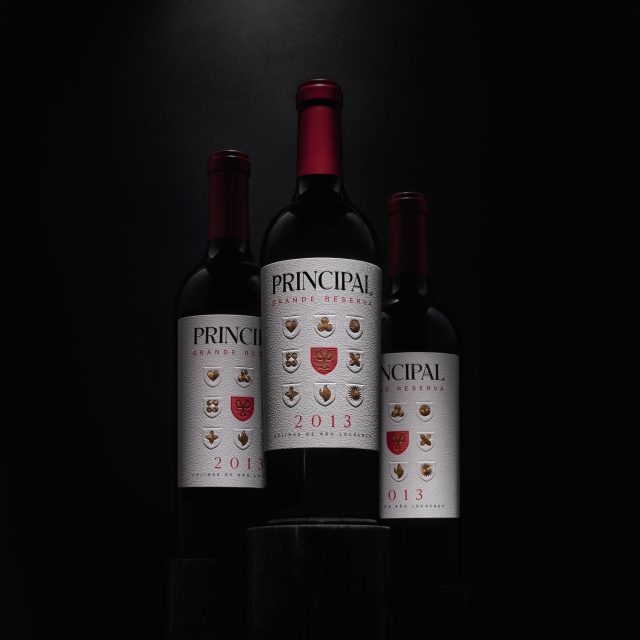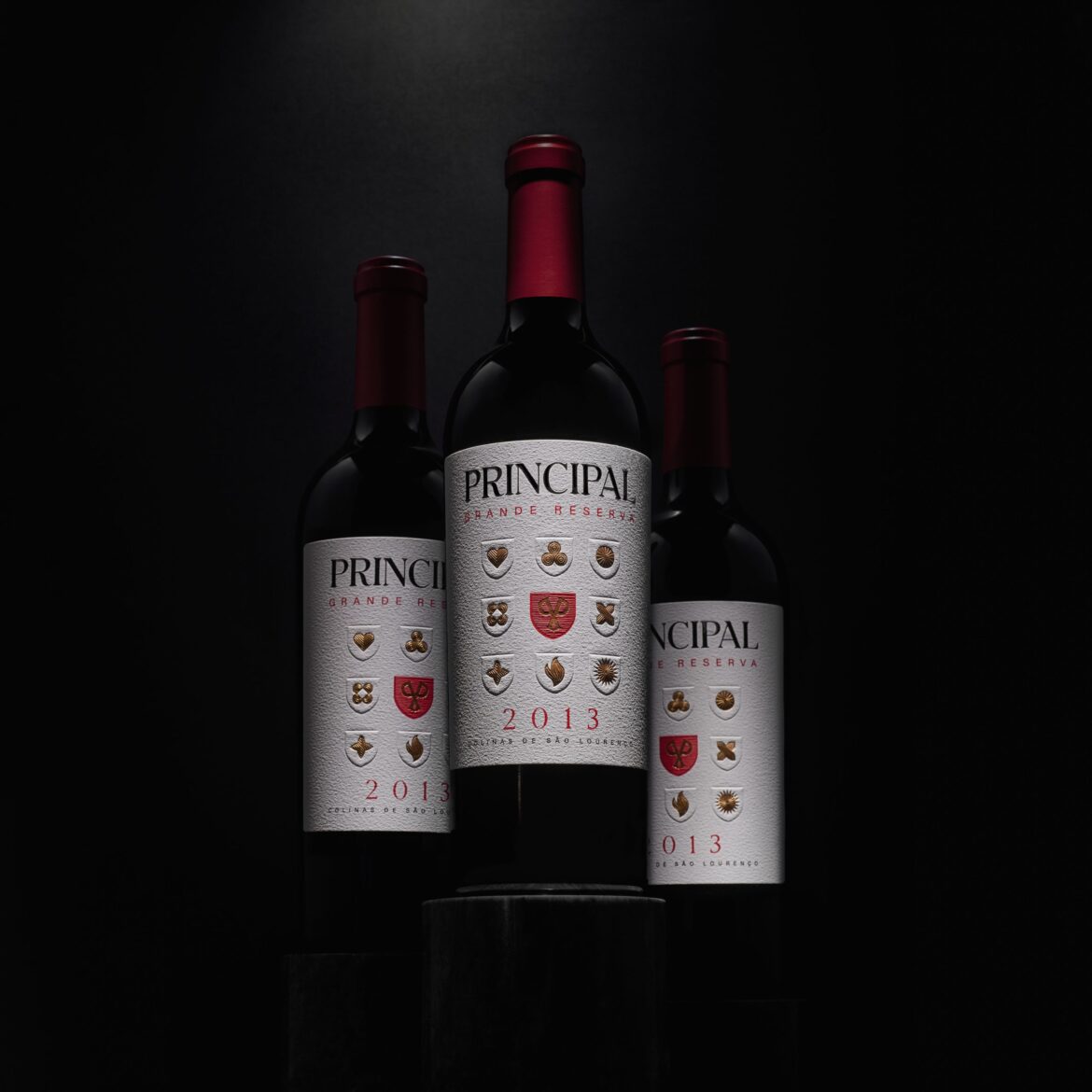Principal’s evolution under The Fladgate Partnership reflects a broader movement in Portuguese wine, driven by terroir, technology and growing global interest.

Principal wines is entering a new phase of growth under The Fladgate Partnership, with increased efficiency in production, expanded sparkling wine ambitions and heightened international focus.
Speaking at a recent vertical masterclass of Principal Grande Reserva held at Joia, atop Battersea Power Station, winemaker Pascal Chatonnet and The Fladgate Partnership’s deputy managing director Chris Forbes outlined the evolution of the business since its acquisition in 2023.
Growth under new ownership
“Because of The Fladgate Partnership the business as a whole has more efficiency and organisation,” said Forbes, who also confirmed that the team now has the capacity to expand production, particularly in sparkling wine.
The Fladgate Partnership acquired the Principal brand in September 2023 as part of a wider purchase of the Idealdrinks portfolio, founded by Swiss watch entrepreneur Carlos Dias. The deal included vineyards in Bairrada, the Dão and the Minho.
The Principal brand is based at Colinas de São Lourenço in Bairrada and centres on a Bordeaux-influenced style of winemaking. “Portugal is not only about Douro wine and Port wine,” said Chatonnet, who brings a distinctive and unique approach to the region by applying Bordeaux philosophies to the local terroir.
His winemaking style blends international techniques with Portuguese identity. “The technology is very simple,” he quipped. “We grow grapes. We put them in the tank and ferment them and make wine.”
Efficiency within the winery has been key to the brand’s growth plans, Forbes explained, particularly in allowing for precise grape handling. “When Pinot Noir grapes are ready, they need to be brought in,” he explained, noting that the improved infrastructure under Fladgate has enabled the winery to respond more quickly during harvest.
Spotlight on Bairrada
Principal Grande Reserva is produced at Quinta Colinas de São Lourenço, located in the heart of Bairrada’s limestone fault line. The 61-hectare estate is dry-farmed and planted at high density, focusing on a mix of indigenous and French grape varieties including Touriga Nacional, Cabernet Sauvignon, Merlot, Petit Verdot, Pinot Noir and Chardonnay.
Bairrada is increasingly recognised for both still and sparkling wines. Its cool Atlantic climate and clay-limestone soils are often compared to Bordeaux. The region receives between 800 – 1200mm of rain annually, with warm summers, mild winters and excellent drainage from gentle hills – ideal for growing grapes of precision and ageing potential.
Principal Grande Reserva blends Touriga Nacional with Bordeaux varietals and is vinified using gravity flow winemaking. Released after extended ageing, it aims to stand “shoulder to shoulder” with the finest reds in the world. The estate also produces traditional method sparkling wines under the Colinas label, using the same varieties and terroir.
Broader growth across Portugal
The Idealdrinks acquisition also included Quinta da Pedra and Paço de Palmeira, two historic estates in the Vinho Verde region of northern Portugal. Fladgate’s expansion into this area reflects growing international interest in Portuguese wines beyond the traditional strongholds of the Douro and Alentejo.
Quinta da Pedra, located in Monção and Melgaço, specialises in Alvarinho from granite soils on southwest-facing slopes. It is one of the most historic estates in the Alto Minho, with 53 hectares planted at the highest density in the region. The site benefits from a sheltered microclimate and is dry-farmed, with plans to introduce water retention systems for climate resilience.
Paço de Palmeira, near Braga, is planted primarily to Loureiro. Originally built as a retreat for Portuguese aristocracy, the estate now produces wines with strong varietal character and ageing capacity thanks to careful viticulture and a unique riverside terroir.
“Portugal is becoming very exciting because the diversity of wine is so extensive,” said Forbes, noting that “it used to be a more local market but now it’s more open and accessible to the rest of the world”.
When asked whether the long-proposed high-speed rail line between Porto and Lisbon could impact land ownership and viticultural development, Chatonnet was unconvinced. “They’ve been saying they will build it for the past 40 years,” he said. “There’s been no development on that.”
Related news
Are we about to see more Chianti wine in Asia?
How heatwaves to hailstorms are threatening the world’s finest wines
Muscadet Côtes de Grandlieu AOP files for changes

